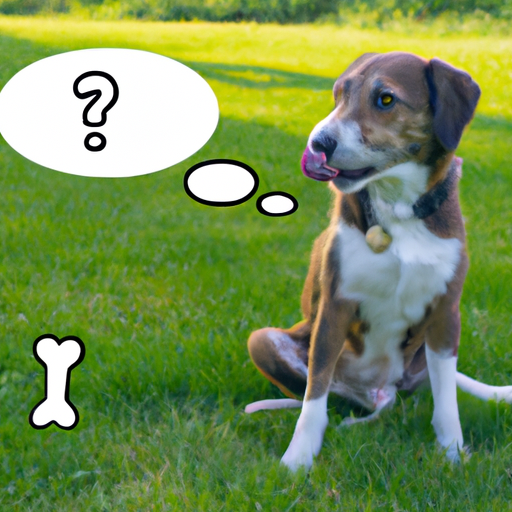If you have a dog, you have probably noticed that paw licking is a common habit. It can be a cute quirk, but excessive paw licking can also be a sign of various issues that could need your attention. As a caregiver, it’s essential to understand the reasons behind this behavior to ensure your furry friend is healthy and comfortable.
Table of Contents
- Understanding Normal Paw Licking
- Reasons Dogs Lick Their Paws
- Allergies
- Pain or Injury
- Anxiety or Boredom
- Parasites
- Dry Skin
- When to Seek Veterinary Help
- Frequently Asked Questions
Understanding Normal Paw Licking
Dogs naturally groom themselves, and paw licking is part of this grooming process. They use their tongues to clean their paws and remove debris. However, when this activity becomes frequent or obsessive, it may indicate a problem.
Key Takeaways
- Paw licking is a normal grooming behavior for dogs.
- Excessive paw licking can be a sign of allergies, pain or injury, anxiety, parasites, or dry skin.
- It’s important to seek veterinary help if your dog’s paw licking behavior becomes excessive or if you notice any additional symptoms such as redness, swelling, or changes in your dog’s behavior.
Reasons Dogs Lick Their Paws
Allergies
Just like humans, dogs can also suffer from allergies. These can be food allergies or environmental allergies such as pollen, dust mites, or mold. One Top Dog has an informative article on understanding and managing your dog’s allergies, which can manifest as excessive paw licking.
Pain or Injury
Paw licking can also be a sign that your dog is in pain. Dogs lick their paws to soothe irritated or injured areas, much like how we might rub a sore spot. Check for cuts, abrasions, or foreign objects stuck in your dog’s paw. For more information on common injuries in dogs, you can read this article.
Anxiety or Boredom
Dogs can also resort to paw licking as a coping mechanism for anxiety or boredom. Changes in routine, separation from family, or insufficient mental and physical stimulation can lead to these feelings. You can find resources on managing dog anxiety and boredom here.
Parasites
Parasites like fleas, ticks, or mites can cause itching and discomfort, leading to excessive paw licking. Regular parasite control is essential to prevent these infestations.
Dry Skin
Just like humans, dogs can suffer from dry skin, especially in the winter months. Dry skin can cause your dog to lick and chew their paws in an attempt to relieve the discomfort.
When to Seek Veterinary Help
If your dog’s paw licking becomes obsessive or if you notice other symptoms like redness, swelling, changes in behavior, or if the licking doesn’t stop even after addressing possible causes, it’s time to consult with a vet. Your vet can help identify the cause of the problem and recommend appropriate treatment.
Frequently Asked Questions
-
Is it normal for dogs to lick their paws?
Yes, occasional paw licking is normal as dogs groom themselves. However, excessive licking could be a sign of an underlying issue. -
What can I do to stop my dog from licking their paws?
It’s important to identify the cause of the excessive licking. Once the cause is known, it can be treated appropriately. Regular grooming, a balanced diet, sufficient exercise, and mental stimulation can also help. -
Can I use home remedies to treat my dog’s paw licking?
While certain home remedies can provide temporary relief, it’s crucial to consult with a vet for a proper diagnosis and treatment plan.
In conclusion, while paw licking is a normal activity for dogs, excessive licking can indicate a problem. As a caregiver, understanding the reasons behind this behavior can help ensure your dog’s health and well-being. If you notice excessive paw licking in your dog, it’s important to consult with a vet to identify the cause and provide appropriate treatment.
PetMD offers additional insights on why dogs lick their paws and how to address this behavior, while American Kennel Club provides a guide on when to seek veterinary help.



